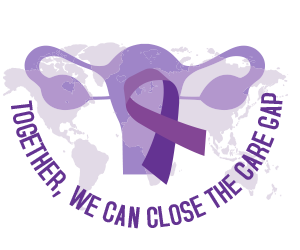Ovarian Cyst
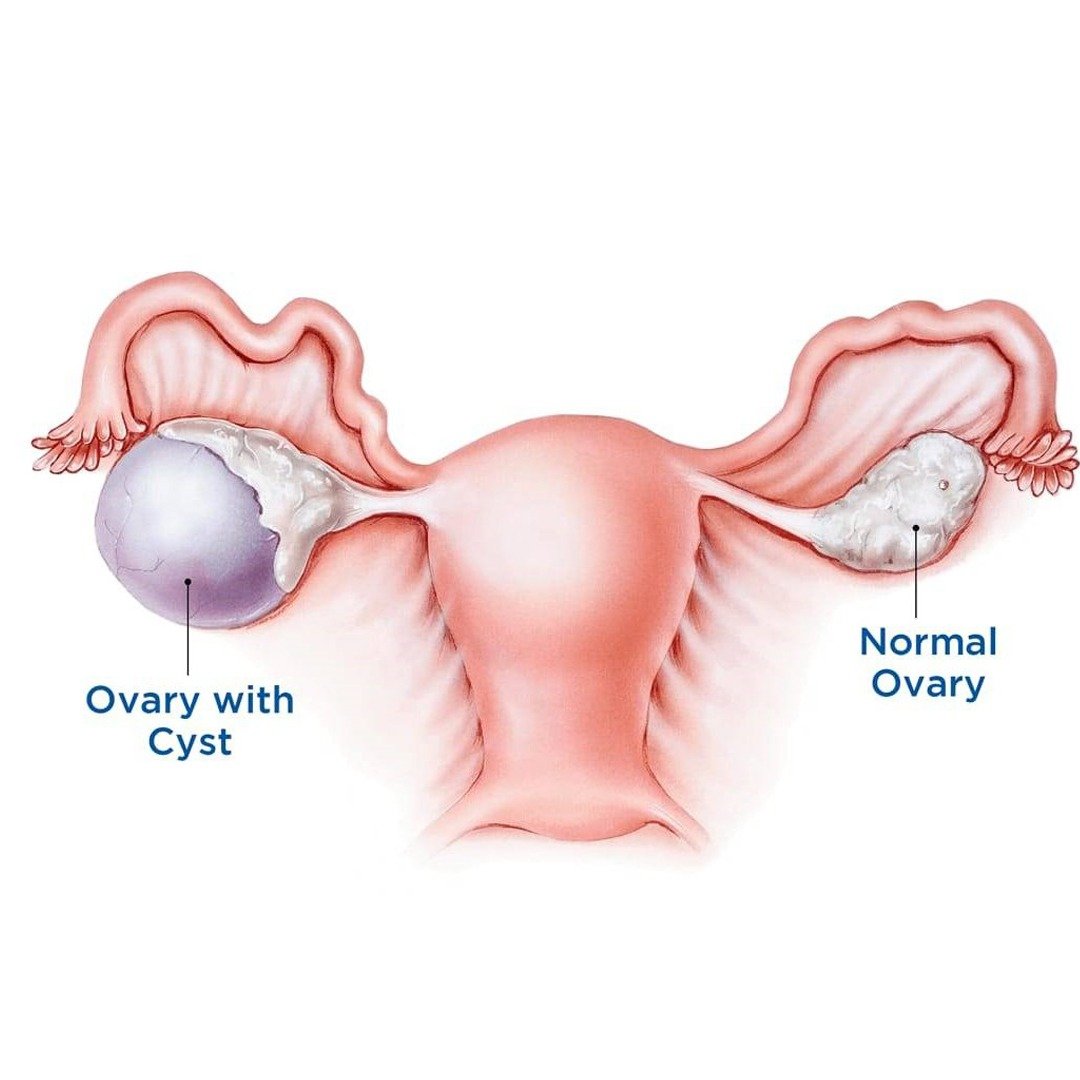
Ovarian Cysts and Fertility: What Every Woman Should Know
On the ovaries, women often develop familiar small bags filled with liquid called ovarian cysts. They're not always a problem and can disappear on their own. However, some give uncomfortable signs like pain or uneven menstrual cycles. When that happens, it's time to seek professional medical help. This detailed guide dives into ovarian cysts. It explains why they occur, how you can detect them and the best way to deal with them. This valuable information empowers women to effectively handle this common women's health concern
Book an Appointment
What Is Ovarian Cyst?
A fluid-filled pouch, or ovarian cyst, can form on an inner or outer surface of an ovary. Ovaries - vital to women's health - create both eggs and hormones, including estrogen and progesterone. Though many women will experience cysts, they're usually harmless and will disappear on their own without the need for the best doctor for ovarian cyst in India. But sometimes, cysts get bigger. This could lead to belly pain or feeling full, and on rare occasions, serious issues, like rupturing or twisting, which need medical help. Knowledge of these cyst types, why they happen, and their signs is key. By getting a quick check and suitable management, women can maintain their fertility and overall health.
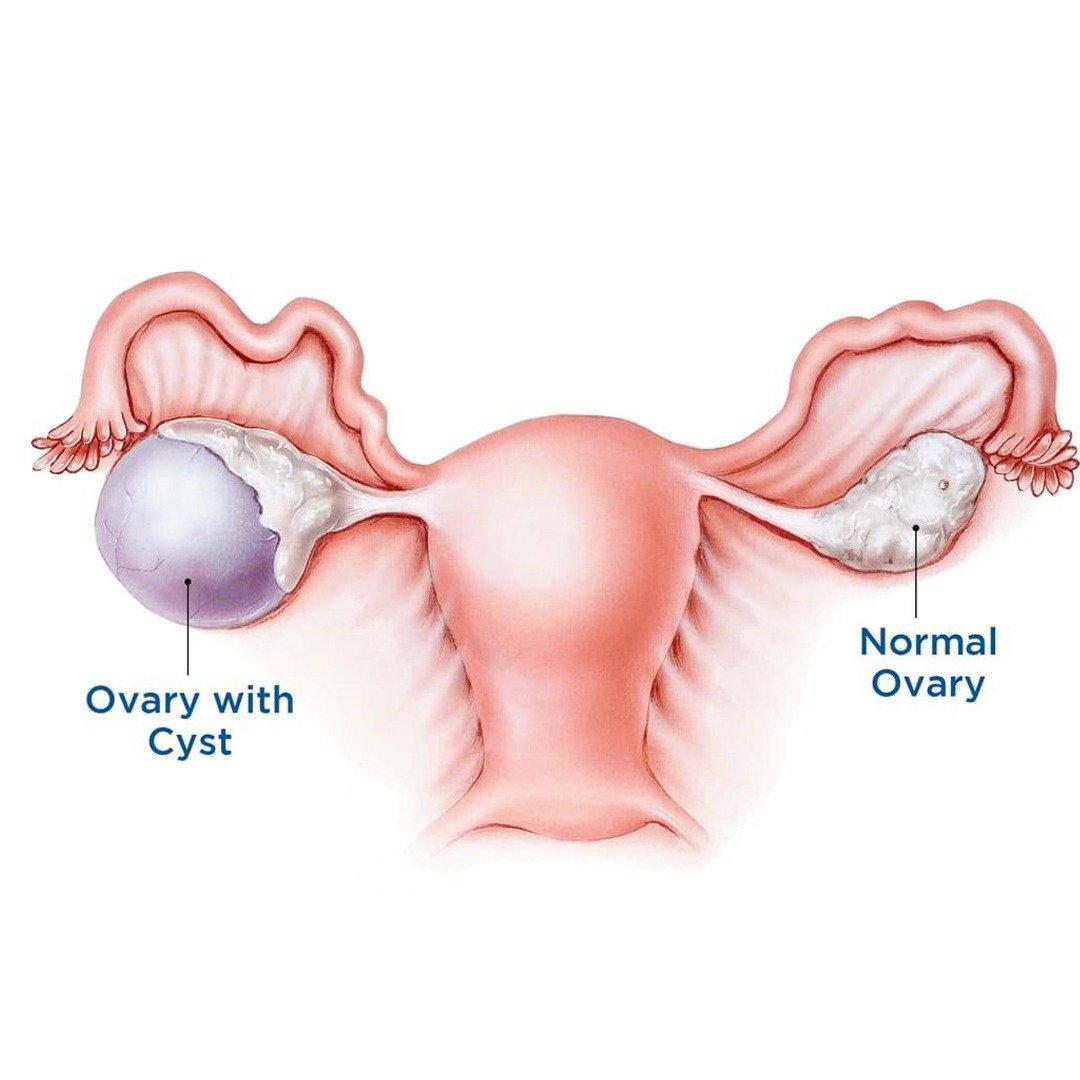
What Are the Types of Ovarian Cysts?
Ovarian cysts are small fluid-filled sacs that grow on or in the ovaries. There are two main types, functional and pathological, both having different traits and impacts.
Functional Cysts
- Follicular Cysts
- These occur when a follicle, the pocket that stores an egg, fails to let the egg out during ovulation and continues to expand. They're mostly harmless and tend to disappear on their own.
- Corpus Luteum Cysts
- When the egg leaves, the follicle turns into the corpus luteum. If this fills with liquid rather than dissolving, it forms this type of cyst, which may ignite symptoms like pain in the pelvic area.
Pathological Cysts
- Dermoid Cysts
- These inborn cysts carry diverse tissues like hair, fat, or teeth. Normally they can enlarge and they need to be taken out via surgery.
- Endometriomas
- They are birthed by endometriosis, occurring when uterine tissue flourishes outside the uterus, often resulting in discomforting symptoms.
- Cystadenomas
- These are liquid-filled cysts that rise on the surface of the ovary. They can expand and often call for surgical removal.
- Polycystic Ovaries
- Linked with Polycystic Ovary Syndrome (PCOS), these contain tiny cysts that may affect egg release and hormone balance.
Who Is Affected by Ovarian Cysts?
Women of all ages can get ovarian cysts. They're most often seen in those still able to have kids. But, they can still show up in women past menopause. Some things can raise the risk. They are:
- Hormonal imbalances.
- Pregnancy.
- Endometriosis.
- Severe pelvic infections.
- A history of ovarian cysts.
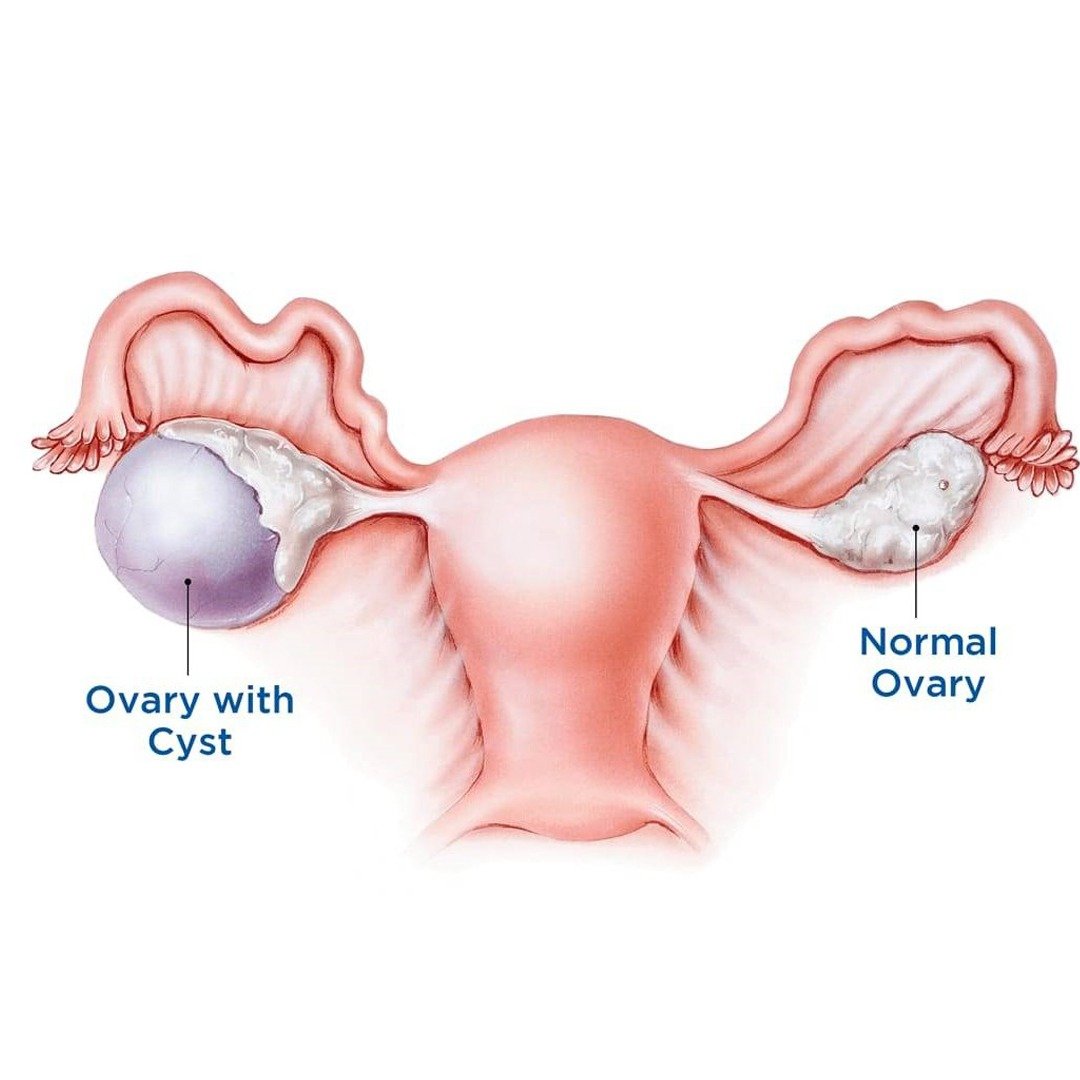
Book an Appointment
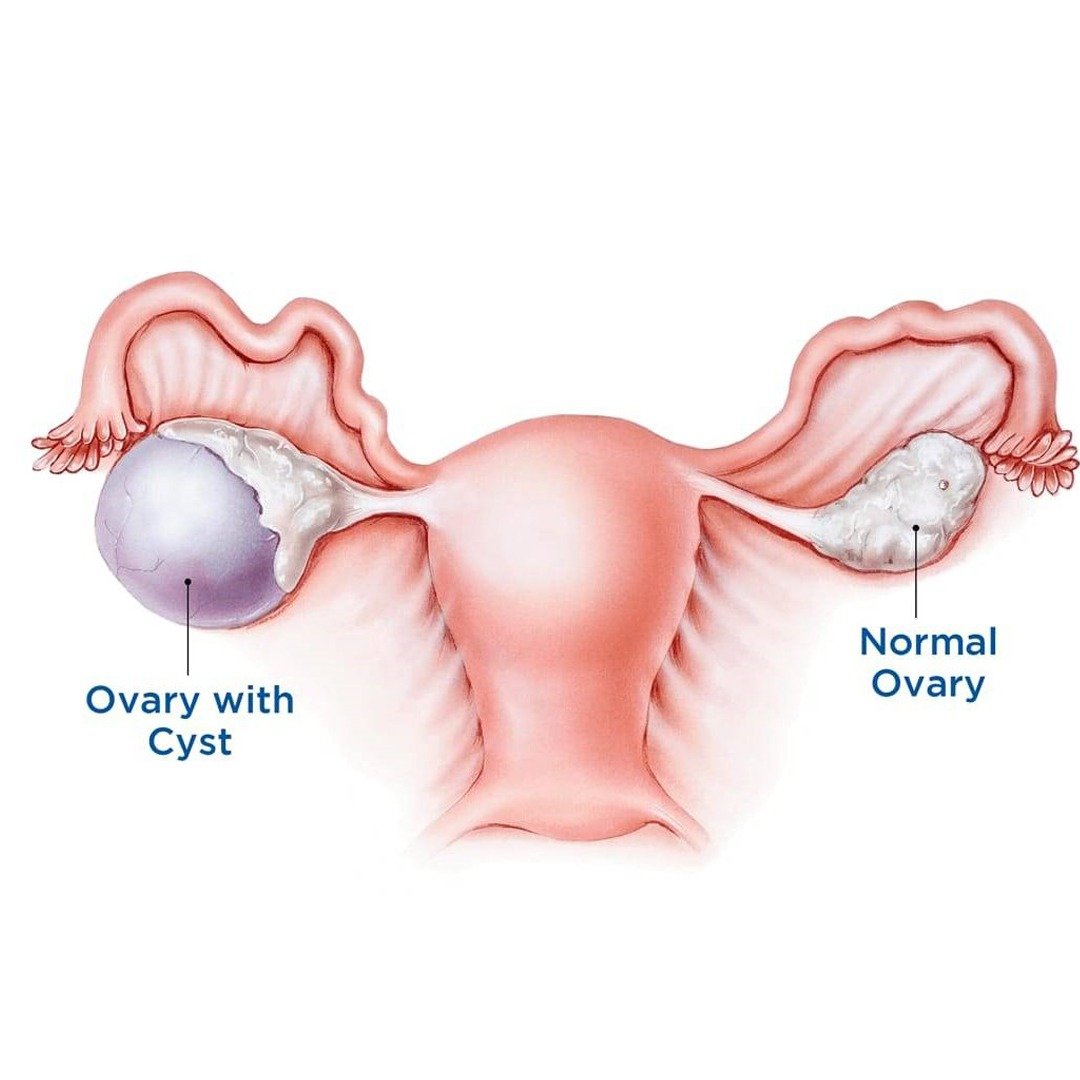
Symptoms and Causes of Ovarian Cysts
Ovarian cysts are common and can often go unnoticed, but there are symptoms to watch out for:
- Pelvic Pain: There may be a persistent or sharp sensation in the lower part of the abdomen, often only affecting a single side.
- Bloating or Abdominal Swelling: The belly might feel inflated or full.
- Menstrual Irregularities: Irregular menstrual cycles, pain during periods, or unexpected bleeding might occur.
- Pain During Intercourse: It might hurt during intimate moments.
- Urinary Symptoms: Frequent or painful toileting could happen as the bladder is under pressure.
Nausea or Vomiting: This might happen particularly if a cyst bursts or if the ovary twists.
Causes of Ovarian Cysts
Various underlying reasons contribute to ovarian cysts formation:
- Hormonal Imbalances: Changes in the hormones that control ovulation can encourage the growth of cysts.
- Endometriosis: This condition, which involves uterine tissue growing outside the uterus, can lead to endometriosis.
- Pelvic Infections: Infections that reach the ovaries might result in cysts.
- Pregnancy: Early stages may give rise to functional cysts to nourish the developing baby.
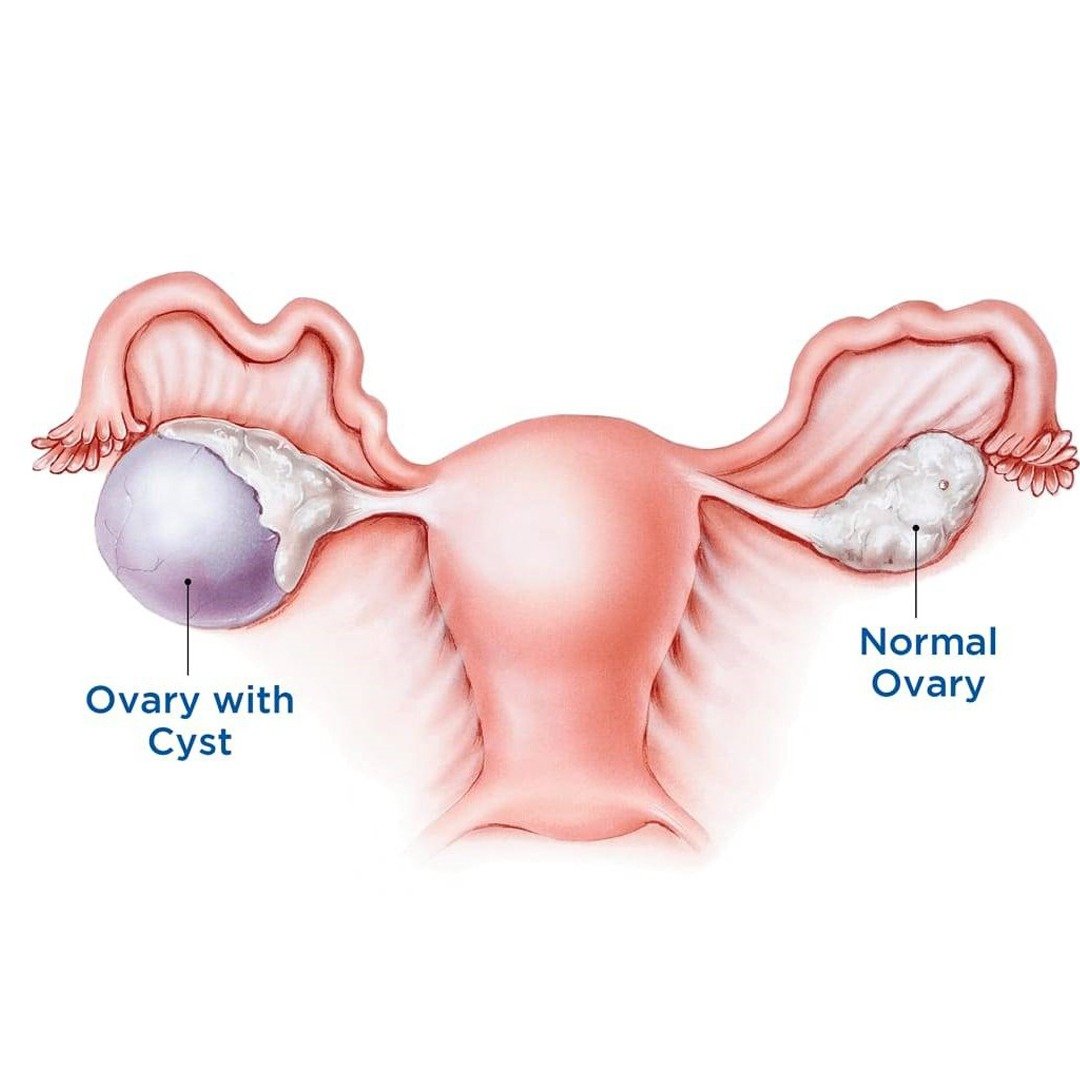
What Are the Treatment of Ovarian Cysts?
Ovarian cysts demand tailored treatments. The treatment differs due to factors like: Type, size, symptoms, or possible complications of cysts give birth to various treatment options.
1. Watchful Waiting
With tiny, symptom-free cysts, a "let's observe" method is usually suggested by medics. To watch for any changes in dimensions or resolution, routine ultrasound exams are done. A number of functional cysts tend to vanish on their own, requiring no extra action.
2. Medications
Hormonal contraceptives or birth control pills are a common choice. Doctors often prescribe these to manage menstrual cycles and minimize the chance of new cysts forming. But, they don't shrink already formed cysts.
3. Surgical Options
- Laparoscopy: A minimally invasive surgery performed through small incisions, often used to remove benign or smaller cysts. It involves faster recovery and minimal scarring.
- Laparotomy: Recommended for larger or potentially cancerous cysts. This involves a larger abdominal incision, allowing for thorough removal and examination of the cyst. Recovery time is longer compared to laparoscopy.
4. Fertility-Sparing Treatments
For women eager to have kids, surgery's objective is to remove only the cyst. The surgeons try to leave the ovarian tissue untouched. This technique is particularly significant for women in their childbearing years
Book an Appointment
Ovarian Cyst Removal Surgery
Ovarian cysts are often removed surgically. Why? Large ones, those causing discomfort, or possibly cancerous ones need to be removed. We choose to operate when cysts stick around or lead to ongoing pain and problems. During surgery, we try to keep as much of the ovary safe. This helps in keeping fertility and hormone functions intact. Looking for the Best Hospital for ovarian cyst in India, visit Max Super Speciality Hospital, Dwarka, New Delhi.
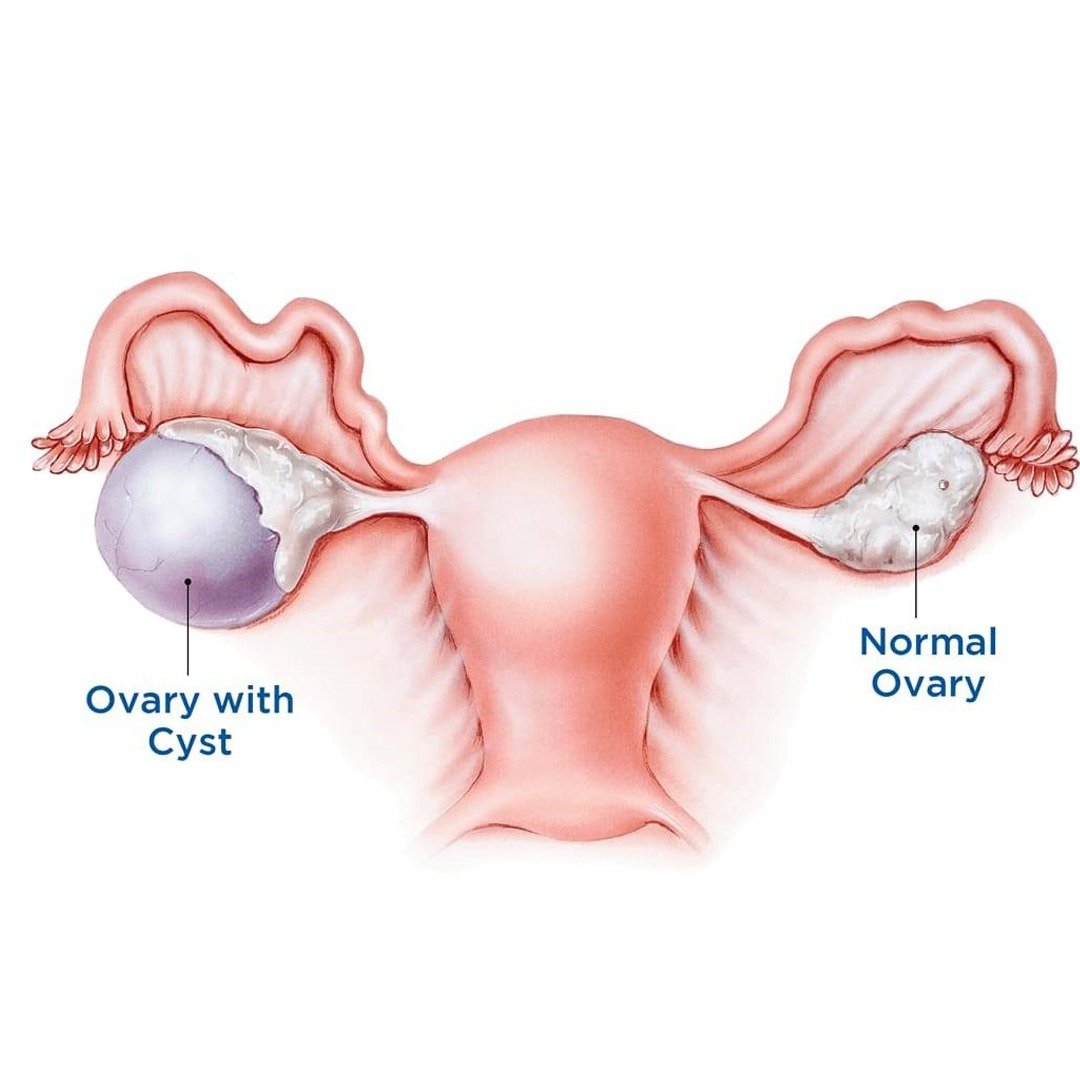
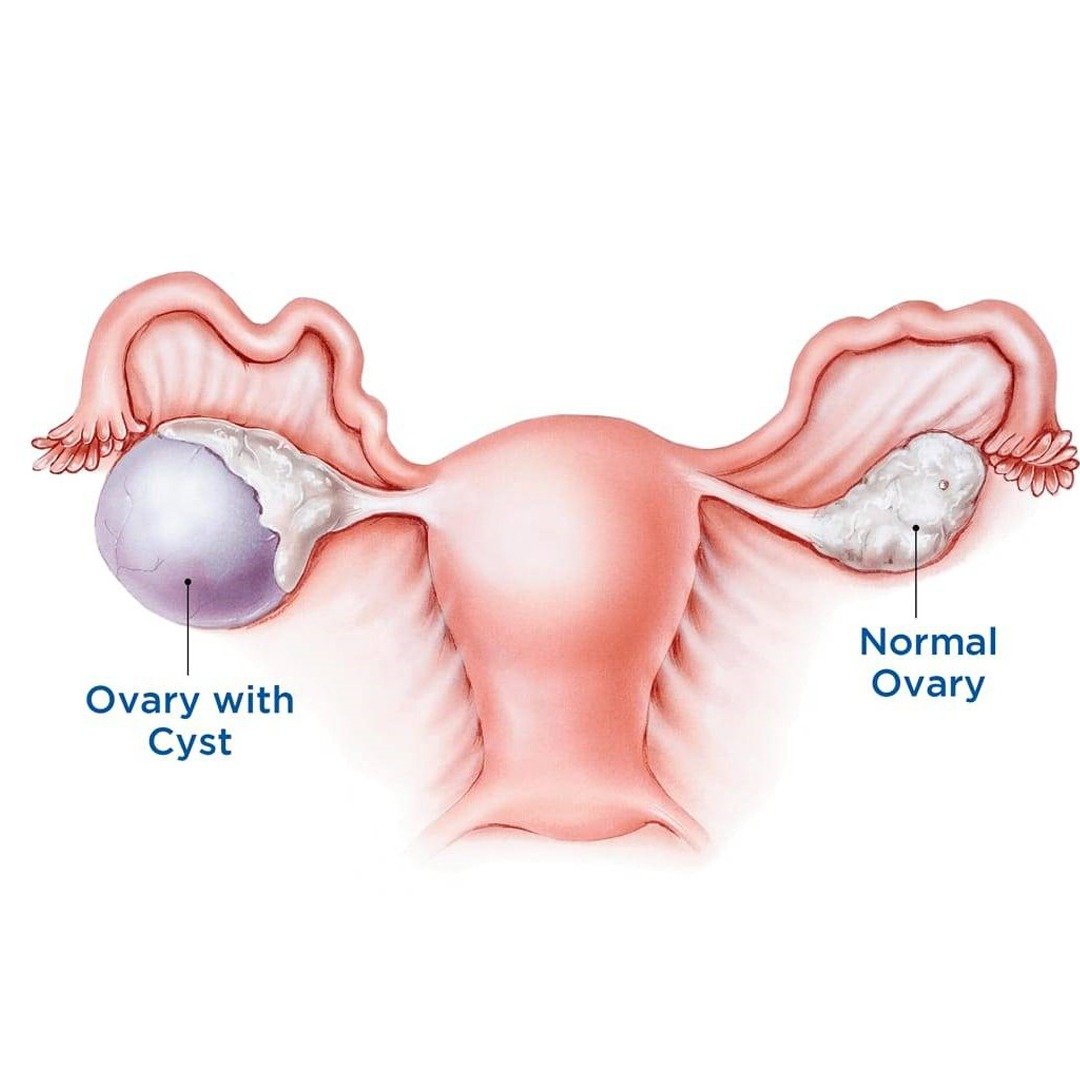
Ovarian Cyst Treatment Surgery Procedure
There are two primary methods for ovarian cyst removal:
- Laparoscopy: This process is simple yet delicate, involving tiny incisions. Through these cuts, a camera and unique tools go in to remove the cyst. For smaller, straightforward cysts, laparoscopy is the top choice. It means faster healing times, almost invisible scars, and lower infection chances.
- Laparotomy: This surgical procedure uses a broader cut in the belly area to extract the cyst. When the cysts become overly big, intricate, or possibly cancer-prone, laparotomy is usually the go-to surgery. The recovery period for this method lasts longer, and the potential risk for troubles is higher. Still, it grants a more in-depth cyst removal and detailed exam.
Ovarian Cyst Removal Surgery Recovery Time
- Laparoscopy: Most patients go back to their daily life in a week or two. It's often a quicker comeback.
- Laparotomy: This surgery is a bit rougher and demands a longer healing time. Usually, it's about 4 to 6 weeks. There might be more discomfort and the need for a longer rest period.
Ovarian Cyst Prevention
Although you can't completely stop ovarian cysts, good habits can lessen the risk of getting them.
- Regular Health Checkups: By setting up frequent visits with a gynecologist, we can spot and keep track of reproductive health. This ensures any cysts are found and treated before they cause problems.
- Maintain a Healthy Weight: Being overweight can result in ovarian cysts. Keep your weight in check with proper food and regular workouts to lessen the chance of getting them and to keep your hormones balanced.
- Healthy Diet: It's all about eating good stuff - like fruits, veggies, lean proteins, and whole grains. It's a shield for your health, right? Not just against nasty ovarian cysts but also against foes like diabetes and heart disease.
- Regular Exercise: Every day activity boosts healthy hormone levels and improves general health, reducing the chances of growing cysts.
- Avoid Smoking and Excess Alcohol: Your ovaries could be harmed by both smoking and overindulging in alcohol. These habits can raise the odds of cyst growth. By quitting them, you can lower these risks notably.
- Limit Hormone Therapies: Too much hormone therapy could lead to ovarian cysts. Seek advice from a health professional for proper hormonal medicine usage.
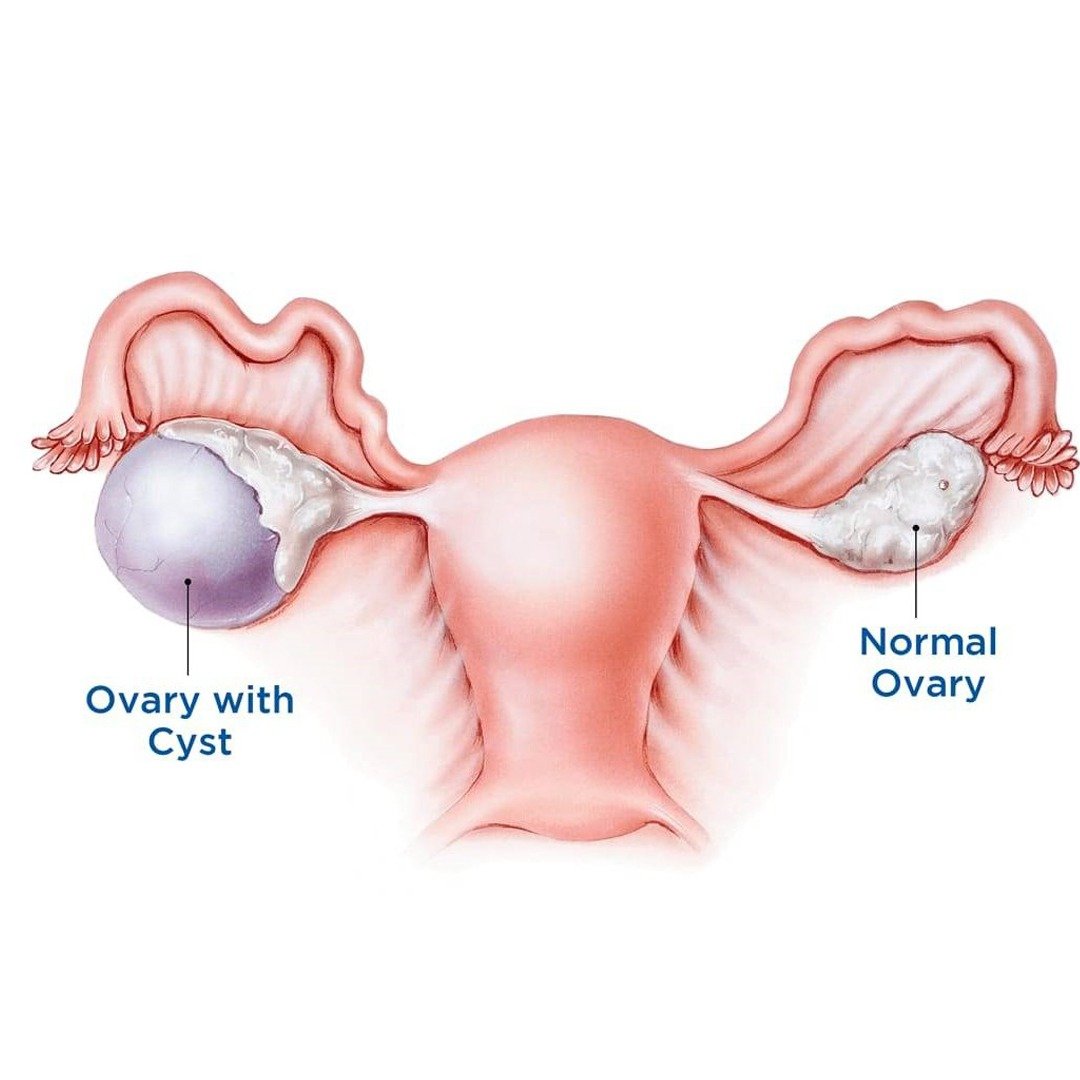
Book an Appointment
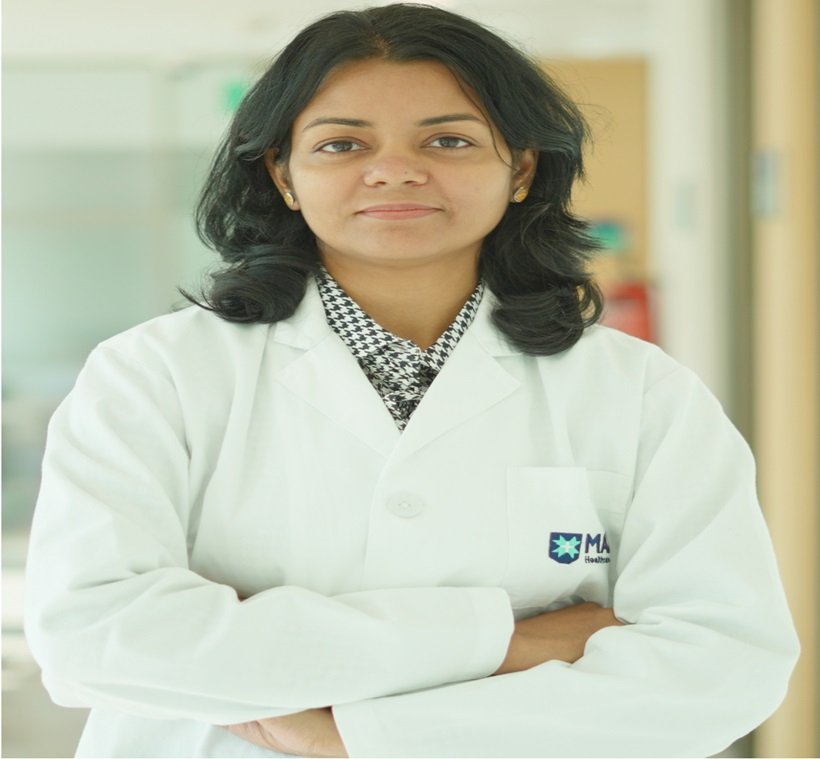
Why Choose Dr. Sarita for Ovarian Cyst Treatment
Looking for the Best doctor for Ovarian cysts in Delhi, Dr. Sarita Kumari is one of the renowned ovarian cyst removals doctors In India with extensive qualifications, including an MBBS, MD, and MCh in Gynecological Oncology from AIIMS, New Delhi. With specialized training at top healthcare institutions worldwide, she brings advanced knowledge and expertise to manage complex gynecological conditions, including ovarian cysts.
Located at Max Super Specialty Hospital in Dwarka Sector 10, Delhi, Dr. Sarita Kumari is known for her empathy and accuracy in diagnosing and treating patients. She provides exceptional care for conditions like ovarian cysts. Every patient gets a one-of-a-kind, high-standard treatment strategy from Dr. Sarita, particularly created for their special needs.
Difference Between Ovarian Cysts and Ovarian Cancer
|
Aspect |
Ovarian Cysts |
Ovarian Cancer |
|
Nature |
Fluid-filled sacs, usually benign and temporary |
Malignant growths in or on the ovary |
|
Symptoms |
Mild pain, bloating, or no symptoms |
Persistent bloating, weight loss, pelvic pain |
|
Age Group |
Common in women of reproductive age |
Risk increases post-menopause |
|
Diagnosis |
Detected via ultrasound |
Requires imaging, blood tests (e.g., CA-125), and biopsy |
|
Treatment |
May resolve naturally or need minor surgery |
Often requires surgery, chemotherapy, or radiation |
Regular doctor visits and knowing signs of illness can aid in spotting problems early. This allows the right to be given for each issue.
Ovarian cysts can worry women at any age, usually resolving naturally without help. But knowing their signs, reasons, and ways to treat them is key for good reproductive health. Routine doctor visits, good eating habits, regular physical activity, and steering clear of bad behaviors such as smoking or too much drinking can largely cut down risks. By following these safety steps and being alert, women can control ovarian health and catch any issues early. Schedule a time with Dr. Sarita Kumari at Max Super Specialty Hospital, one of the Best Ovarian Cysts Surgery Hospital in India, Dwarka for your first move towards improved reproductive health.
